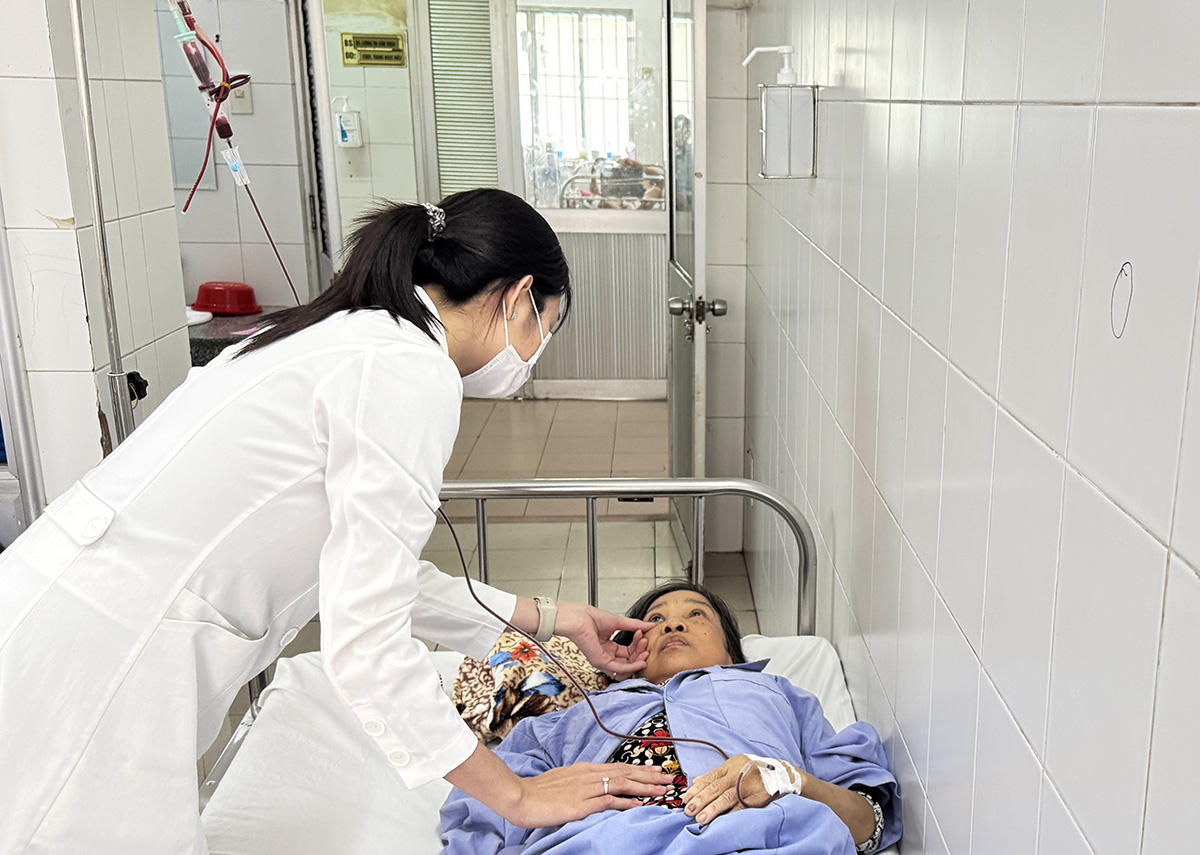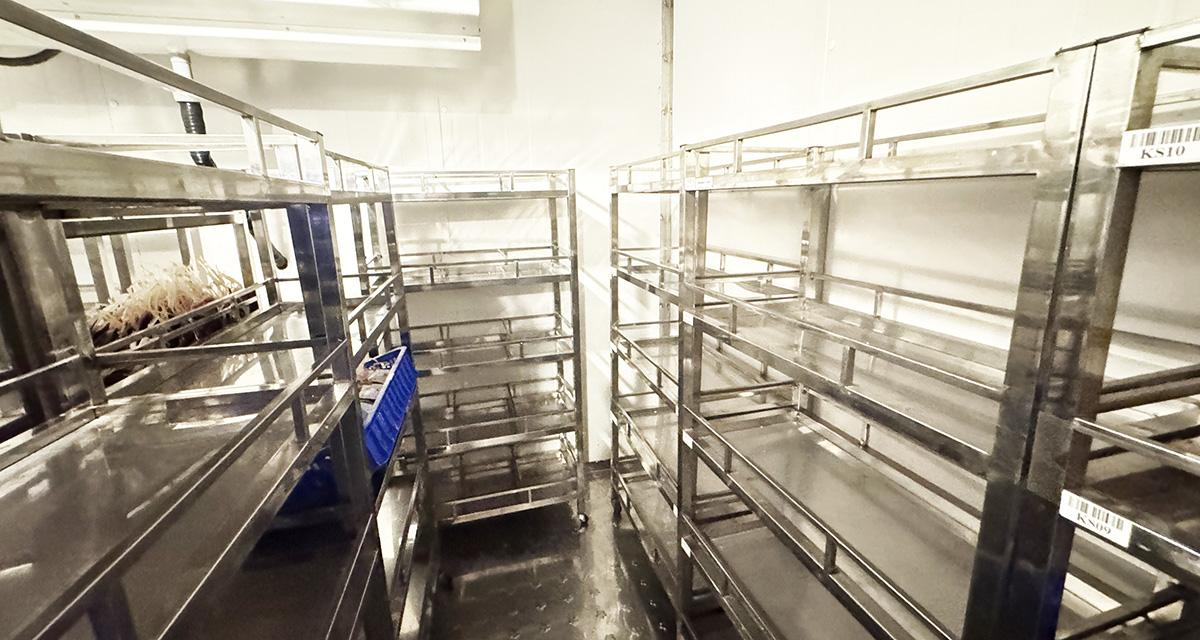Can Tho Hematology and Blood Transfusion Hospital, the primary blood supplier for 74 hospitals in the Mekong Delta, is facing a critical shortage. Doctor Huynh Minh Phu, the hospital's director, stated that they typically receive 14,000-15,000 units of blood and blood products monthly for distribution. However, in the past two months, donations have plummeted to around 5,000 units, leaving the hospital's blood bank precariously low, sometimes with only 800 units. Ambulances from other hospitals are often left waiting for hours to receive blood.
This shortage has created significant challenges for hospitals needing blood transfusions. Some smaller hospitals have resorted to transferring patients directly to the Can Tho Hematology and Blood Transfusion Hospital. Can Tho Central General Hospital has instructed its departments to conserve blood. Doctor Le Hoang Phuc, head of the hospital's planning department, explained, "We are prioritizing emergency cases, such as gastrointestinal bleeding. Scheduled surgeries have been postponed due to the blood shortage."
Can Tho Central General Hospital requires 700-800 units of blood weekly, primarily supplied by Can Tho Hematology and Blood Transfusion Hospital. However, they have only received about 20% of their needs in recent months. With their current supply of just over 400 units, enough for 4-5 days, the hospital is strictly rationing blood.
The hospital has requested additional blood from Ho Chi Minh City Hematology and Blood Transfusion Hospital and Cho Ray Hospital, but has received very little. "If this situation continues, it will severely impact our ability to provide care and treatment, affecting patients' health," Doctor Phuc expressed his concern.
Last week, Cho Ray Hospital in Ho Chi Minh City also announced it had exhausted its blood reserves, despite being responsible for blood distribution to southern hospitals.
 |
A patient with gastrointestinal bleeding at Can Tho Central General Hospital receives a prioritized blood transfusion. Photo: An Binh |
A patient with gastrointestinal bleeding at Can Tho Central General Hospital receives a prioritized blood transfusion. Photo: An Binh
Many patients have been hospitalized for days without receiving necessary transfusions. Nguyen Kim Chung, 61, from An Giang province, requires two units of type A blood every 2-3 weeks for thrombocytopenia. She has been waiting for three days. "The doctors told me to be patient because there's no blood, but I feel increasingly weak and tired," she said.
Truong Thanh Phuoc, 35, from Dong Thap province, has been receiving two blood transfusions monthly for nearly five years due to pancreatic insufficiency. "I've been hospitalized for 4 days, and the doctors say there's still no type AB blood for me," he said on 13/8, adding that while doctors encouraged him to wait, there's no indication of when blood will be available. "I'm very worried," he added.
 |
Empty shelves at Can Tho Hematology and Blood Transfusion Hospital reveal the near-depleted blood reserves. Photo: An Binh |
Empty shelves at Can Tho Hematology and Blood Transfusion Hospital reveal the near-depleted blood reserves. Photo: An Binh
Doctor Phu attributes the shortage to recent administrative restructuring and mergers in the region, which have diverted resources and attention from blood donation drives.
Can Tho Hematology and Blood Transfusion Hospital is renovating its blood donation center and using social media and other channels to appeal for donations from the public, students, and staff. This has resulted in a slight increase, with 50-60 units collected on some days, but it remains a temporary fix.
The Can Tho People's Committee has tasked the city's Red Cross with restructuring the city's Blood Donation Steering Committee by 30/8 to align with the two-tiered government model. They are also developing a plan for blood donation drives for the remainder of the year.
An Binh












